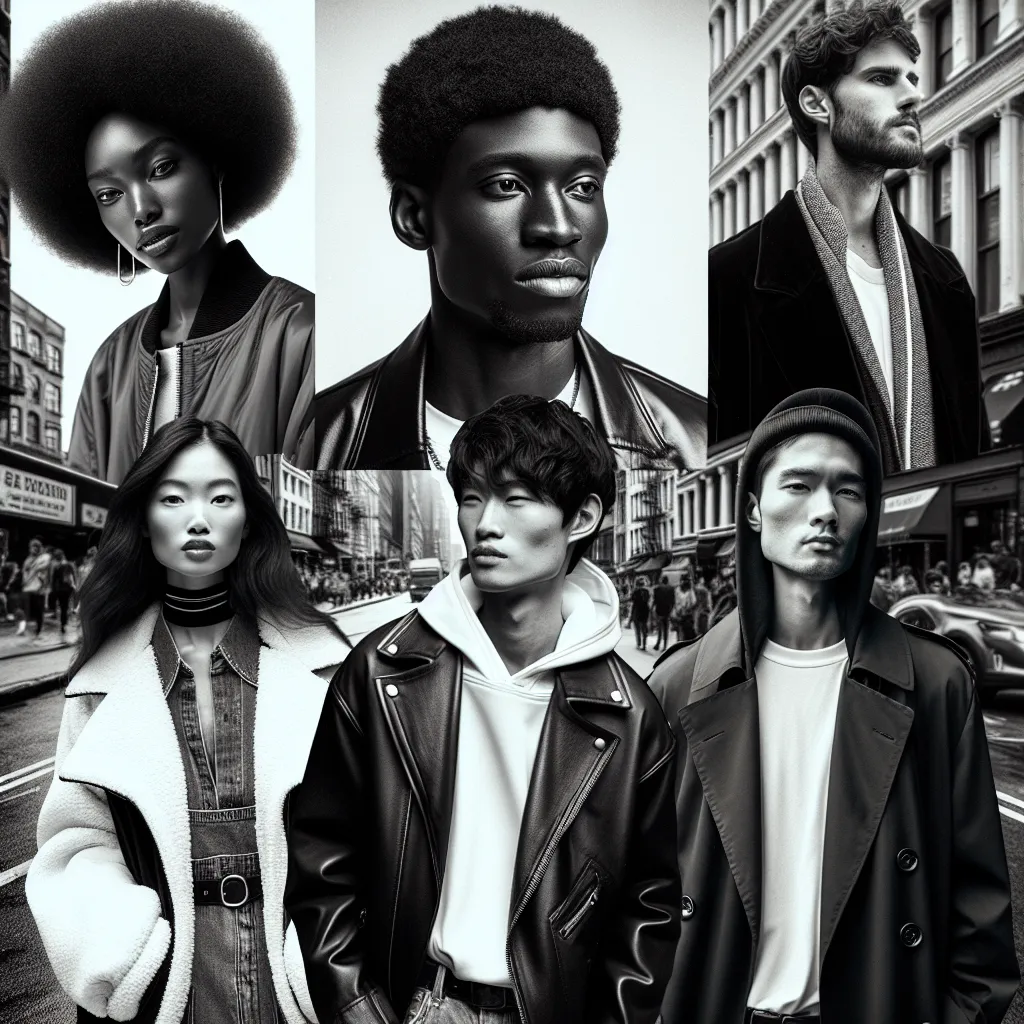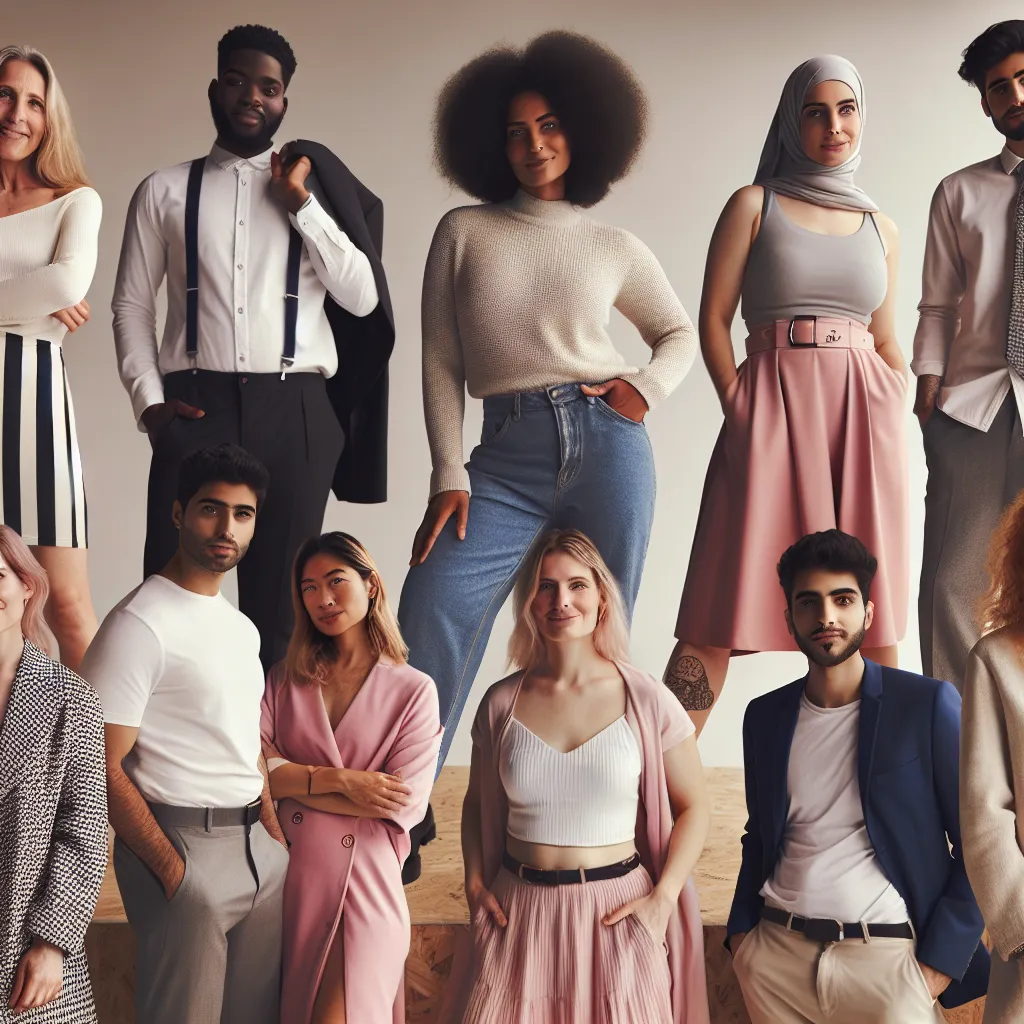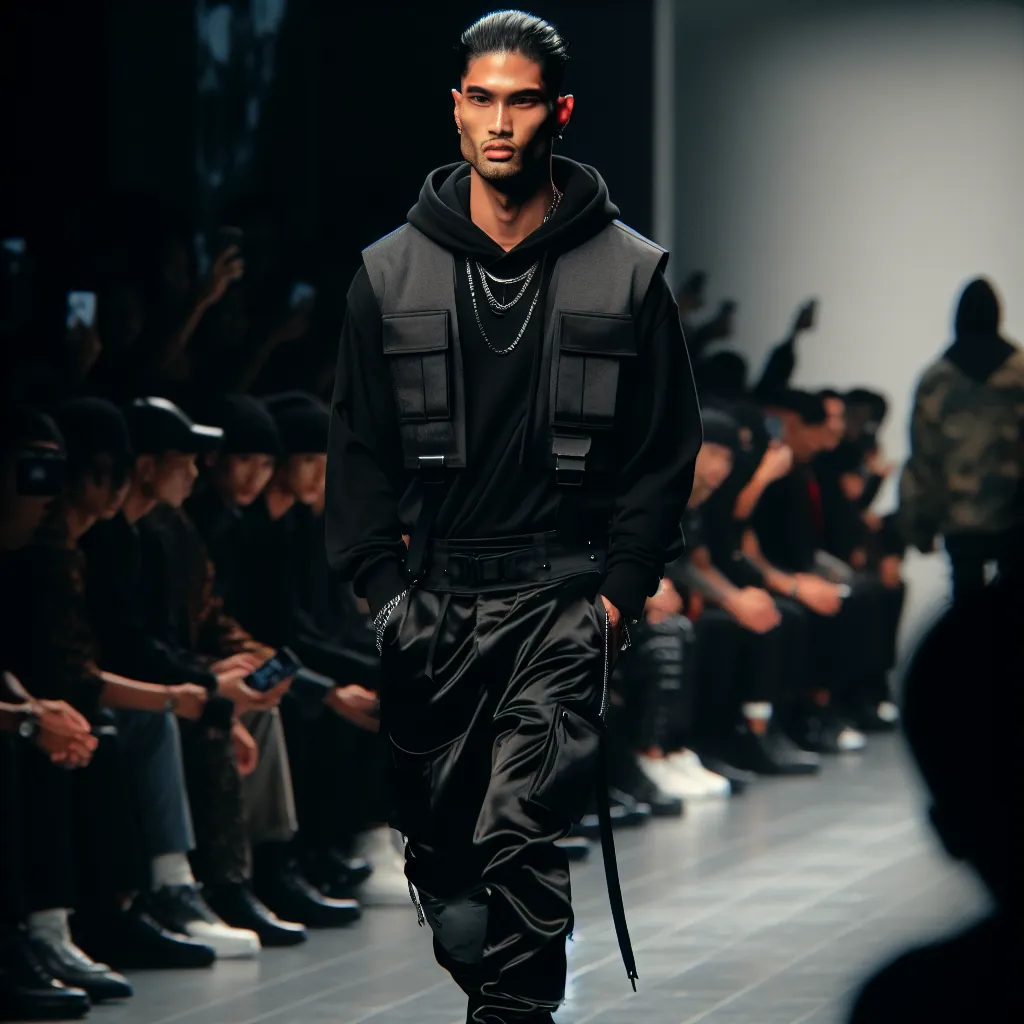Evolution of Streetwear: From Subculture to Mainstream
Streetwear has evolved from being a subculture fashion movement to a mainstream trend that influences the global fashion industry. Initially emerging from the skate, surf, and hip-hop cultures, streetwear was synonymous with an anti-establishment attitude and a rebellious spirit. However, its popularity has skyrocketed in recent years, leading to collaborations between high-end fashion brands and streetwear labels, blurring the lines between luxury and urban style.
The evolution of streetwear can be attributed to its ability to reflect the dynamism of contemporary urban lifestyles. What started as a grassroots movement has now permeated all echelons of society, becoming a prominent feature on fashion runways and high streets alike. The rise of streetwear as a mainstream trend has been facilitated by social media and the endorsement of celebrities and influencers, catapulting streetwear brands into the limelight and cementing their position in mainstream fashion.
As streetwear continues to shape fashion trends, its evolution from a subculture to the mainstream illustrates the power of countercultural movements to redefine the fashion landscape. It demonstrates the fluidity of fashion and the capacity of niche styles to capture the collective imagination, transcending barriers and inspiring innovation across the industry.
Streetwear Icons: How Celebrities Have Shaped the Trend
In recent years, streetwear has become one of the most influential forces in shaping fashion trends. A significant aspect of this trend’s rise to prominence is the role of streetwear icons, particularly celebrities, in popularizing and shaping the movement. From musicians to actors, many high-profile individuals have played a pivotal role in the evolution of streetwear as a cultural and fashion phenomenon.
One of the most notable aspects of streetwear’s influence is its close association with various celebrities who have embraced and promoted the style. Kanye West, for example, has been a key figure in shaping the streetwear aesthetic, both through his personal style and his fashion collaborations. His brand, Yeezy, has had a profound impact on the streetwear scene, setting new standards for casual and minimalist urban apparel.
Additionally, artists like Pharrell Williams and A$AP Rocky have also significantly contributed to the popularization of streetwear. Their unique fashion sensibilities and collaborations with prominent streetwear brands have amplified the movement’s reach and influence. Pharrell’s partnership with Adidas and A$AP Rocky’s association with brands like Vans and Raf Simons have cemented their status as trendsetters within the streetwear sphere.
Celebrities’ influence on streetwear extends beyond their personal style choices. Many have ventured into designing their own streetwear lines, further blurring the lines between entertainment, fashion, and urban culture. This intersection has resulted in a constant exchange of ideas, with streetwear icons leveraging their influence to redefine and reimagine the boundaries of contemporary fashion.
With such prominent figures at the forefront, streetwear has transcended its subcultural roots to become a global phenomenon, shaping the way we perceive and engage with fashion. The fusion of celebrity influence and streetwear has redefined conventional notions of high fashion, underscoring the adaptability and fluidity of this influential cultural movement.
The Future of Fashion: Sustainability in Streetwear
As streetwear continues to shape the fashion landscape, the industry is also witnessing a significant shift towards sustainability. The future of streetwear is closely intertwined with the growing emphasis on eco-friendly practices and materials. With consumers increasingly prioritizing sustainability, streetwear brands are adapting by integrating sustainable processes into their production and design ethos.
A key aspect of the future of sustainable streetwear is the use of organic and recycled materials. From organic cotton t-shirts to recycled polyester hoodies, brands are exploring innovative ways to reduce their environmental footprint. Additionally, there is a focus on implementing ethical manufacturing practices and ensuring fair labor conditions throughout the supply chain.
Furthermore, the concept of “circular fashion” is gaining traction within the streetwear community. This approach emphasizes the importance of recycling and upcycling garments, thereby extending their lifespan and reducing waste. By embracing circular fashion principles, streetwear brands are contributing to a more sustainable and environmentally conscious industry.
In addition to the production process, sustainable streetwear also encompasses thoughtful packaging and distribution strategies. Many brands are transitioning towards biodegradable packaging materials and optimizing their supply chain to minimize carbon emissions.
As sustainability becomes an integral part of streetwear fashion, consumers can expect a shift towards transparent and environmentally responsible brands. The future of streetwear lies in the harmonious balance between style and sustainability, setting a new standard for the fashion industry as a whole.




